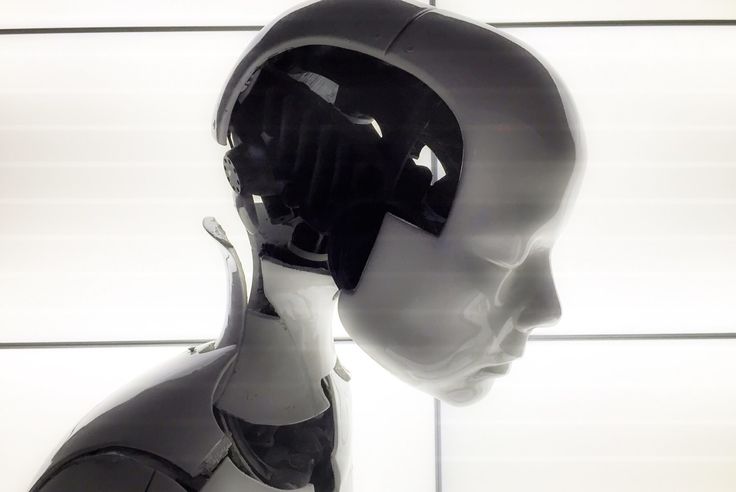Carr describes it thus:
As new computer technologies extend automation in to even more branches of the economy, we’re likely to see an acceleration of this trend [fewer middle-wage, middle-income jobs], with a further hollowing of the middle class and growing loss of jobs among even the highest-paid professionals.
Carr, of course, has a particular view on all this which is cautionary and even faintly dystopic and we could, I am sure, find many commentators who would present a different picture – perhaps even of a utopia in which most work is done by machines and we are free to pursue our interests. Marx would be salivating that his picture of people freed from their chains might finally arrive (after a mammoth, almost Biblical final struggle!) to a point of universal liberation of the spirit (he was Hegelian in the end!)
The barebones of the stats are pretty indisputable. Labour is increasingly being done by machines and the issue that remains is whether this becomes something that means people will thrive or become ever-more redundant and lethargic.
Interestingly, research in the field of positive psychology suggests that although people think they want to spend more of their time at leisure and less at work, self-monitoring of their emotional states and sense of satisfaction shows them to be almost invariably higher when they’re working. We think we want leisure, but we actually experience greater happiness and sense of value at work. We have become identified, even fused, with our paid work!
So what does this all mean for us as coaches in an age of growing automation?
I would suggest that, it is not employment and work per se that makes us happier but rather being purposeful and having some sense of structure. To some degree, we could say that work is where most of us realise this and leisure is often where we lose it – we get lazy: watching TV, scanning Facebook, wondering what to do with our time! (Of, course, before you object that’s not you, of course, it’s not everyone, but research heavily indicates it’s an awful lot of people, and can you really say you use your leisure time so well?)
The real issue for coaches in this coming phase, I believe, is how we work with clients to find purpose and meaning as an autonomous human being when it’s not simply given to us by our work, a socially-constructed role and the daily habits that allow us to fill time with some level of structure and direction.
I’m reminded, as I write this, of Eric Berne’s notion in Transactional Analysis of how people find ways to pass time and how they allow themselves to live inauthentically if, in doing so, they can inhabit some kind of clear, unambigious structure whether that be relationally or practically.
Now, don’t panic! We’re not there yet, by any means. But I suspect that coaching will increasingly be less about job performance and more fully about self-actualisation.
Now there’s a thought.
- Author Details
